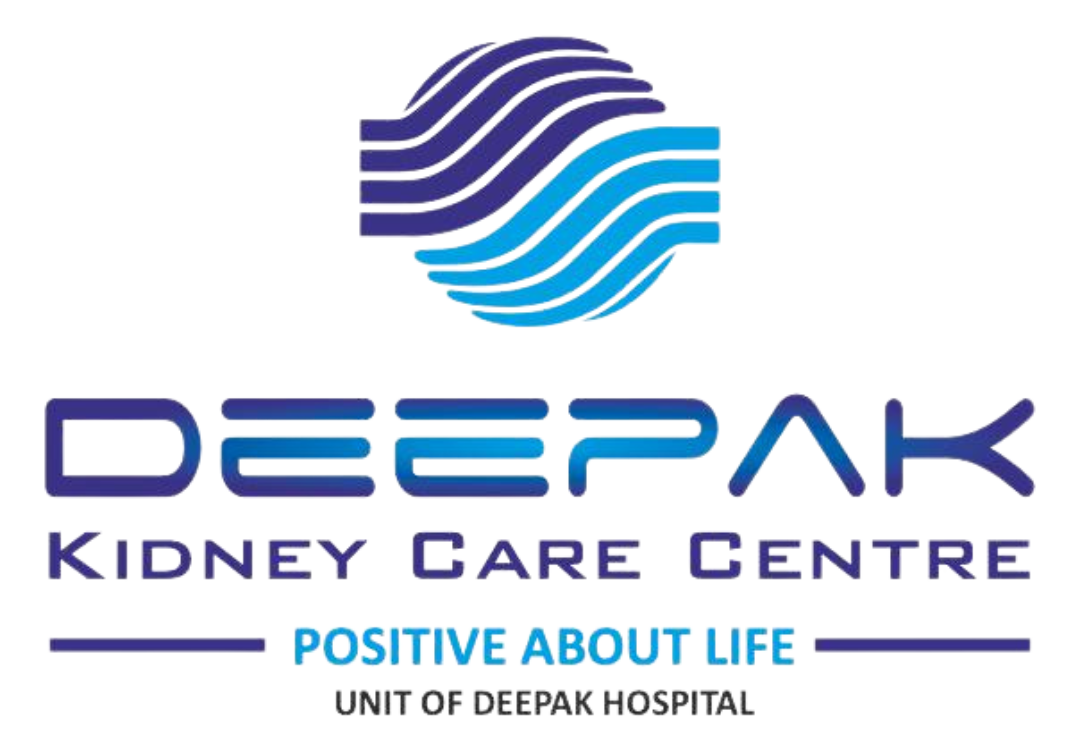- Hemodialysis: Usually three times a week, with each session lasting 3-5 hours.
- Peritoneal Dialysis: Can be done daily, either manually (CAPD) or using a machine overnight (APD).
- The procedure is not painful, but some patients may experience discomfort when needles are inserted or during fluid exchanges in peritoneal dialysis.
- Hemodialysis: Low blood pressure, muscle cramps, infection at the access site, or clotting in the vascular access.
- Peritoneal Dialysis: Peritonitis (infection of the abdominal lining), hernias, or catheter-related infections.
Yes, many patients feel tired after dialysis sessions due to fluid shifts and changes in blood pressure.
Long-term dialysis may lead to:
- Weakening of bones.
- Nutritional deficiencies.
- Skin issues like dryness or itching.
Proper hygiene, sterilized equipment, and regular monitoring of access sites are critical to preventing infections. Patients are advised to follow strict care instructions for their vascular access or catheter.
While dialysis supports kidney function, it can sometimes impact heart health, cause anemia, or exacerbate blood pressure issues if not managed properly.
A kidney-friendly diet typically involves:
- Limiting sodium, potassium, and phosphorus.
- Monitoring protein and fluid intake.
A dietitian can provide a personalized plan.
In some cases, acute kidney injury patients may recover enough to discontinue dialysis. For chronic kidney disease, dialysis is usually a long-term treatment unless a kidney transplant is possible.
Without dialysis or a transplant, kidney failure will progress, leading to severe complications. Palliative care can provide comfort and symptom management.
